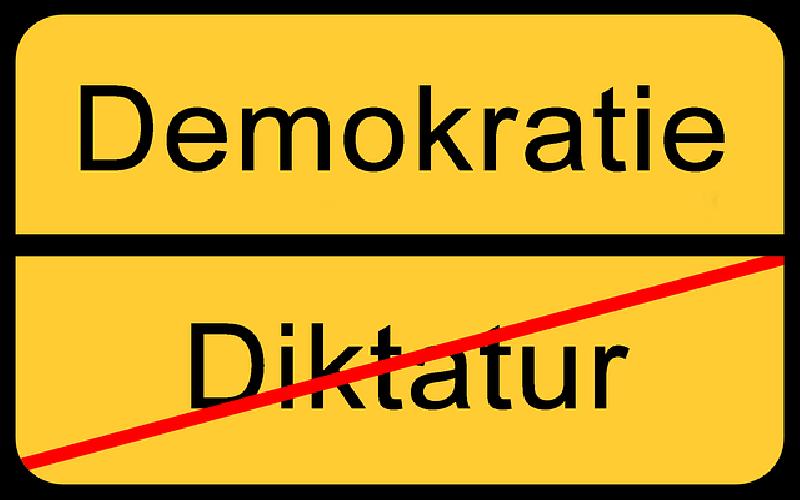Remembering December 1989- the Month of the Romanian Revolution


Whenever December comes my mind takes me back in time to the winter of 1989, as I recall the final days of the communist regime in my country and the way in which I felt as a child during those dramatic days.
Romania, December 1989; for several years the same scenario keeps on repeating and as I grow older and I'm beginning to understand more about the world I live in, the reality seems to be getting darker and gloomier every day. It seems to me that everything is going from bad to worse in my country and the situation is hopeless: the relative economic prosperity of the seventies, which I couldn't enjoy at that time simply because I was born towards the end of that decade has long been gone, as shops are most of the time empty and even bread is rationalized.
As the winter comes, it's getting dark and cold both outdoors and inside people's homes, as the communist authorities mercilessly cut off the power whenever they feel like, but it is cold not only outside, but also inside people's minds, as most of them are frozen with fear that, if they try to express their discontent concerning their awful living conditions they will suffer negative consequences.
Even a simple joke told by a child at school about the Communist party and above all about its beloved ruler and the father of our" mighty and prosperous' nation, the dictator Nicolae Ceausescu, can be enough to have that child's parents interrogated by the much feared and despised "Securitate", the secret service which makes sure that all those who might represent a threat to the current order are identified and neutralized.
And yet, in spite of the draconic measures taken by the state apparatus to make sure that nothing can overthrow the regime and communism will last until the end of time, they can't take hope away from us, and that hope is kept alive and fed thanks to the magical device which represents our window to the world: the radio. Sick and disgusted by the daily two hours of television, which last from 8 to 10 pm, in which half of the programme of the only channel available, the Romanian state television, is dedicated to the tyrant's speeches and his great achievements in the neverending efforts to build the perfect communist society, in which all the people are equal, think the same and work happily together for the common good, my folks prefer to spend the evenings to radio stations like Radio Free Europe or Voice of America, which tell us the truth about what's happening around the world in a truly revolutionary year. The communists often try to block their signal and sometimes are successful, but luckily they also fail to prevent us from listening to those stations in many occasions.
We now know that the wind of change has already swept off most of the communist regimes in Eastern Europe. It is thanks to these radio stations that I hear about the fall of the Berlin Wall, the Velvet Revolution of Czechoslovakia and the fall of communism in countries like Poland and Hungary, and those incredible events which drastically change the political map of Europe are beginning to ignite my hope that one day Romania might follow them.
At that time, in mid-December, the fall of the communist regime in my country and the beginning of a long and extremely difficult road to an authentic democracy, which unfortunately hasn't been completed yet, seemed like a distant probability. I had no idea that only a few days later the Romanian revolution would break out, leading to the inevitable fall of a tyrannical regime that had been ruling Romania with an iron fist for more than four decades.
Sadly, unlike the countries I mentioned before, in Romania the transition to the first steps towards democracy was marked by violence and death; it was the ultimate sacrifice that many people, mostly young, were forced to make, but the days of the revolution and the way in which I witnessed them as a 12-year old child who was still trying to understand what was happening at that time, will be the subject of a future article.
Cold, darkness, fear, poverty- these are probably the words which would probably come to my mind first if anyone asked me to summarize my feelings and impressions of that period and of communism in general, as I only experienced it for a few years, thankfully, but then the word 'hope' would also come to my mind, and it would certainly change my mood and allow me to leave all those negative elements behind. I had lived through a dark period of Romanian history, but I could also see a light which broke the monotony and the general darkness of those days, and I don't see things very differently nowadays. That light and the hope in a better future are still here to help me get past the tough moments and believe, just like I did in December 1989, that things can and will get better!
Indian Army is very big and fat. It is embellished with Madras regiment as well, which has made our nation proud for several times indeed..
It is an enigma why the Indian army did not follow the path laid out by India's neighbors like Pakistan, Burma, and Thailand and continued to be a mute spectator even when India burned and its own privileges and perks were curtailed..
Indian Signal Service was a part of the Indian Army Corps of Engineers (1777) at the beginning, then Lieutenant Colonel SH Powell separated it and Indian Signal Service was raised. eventually it became the Indian Signal Corps..